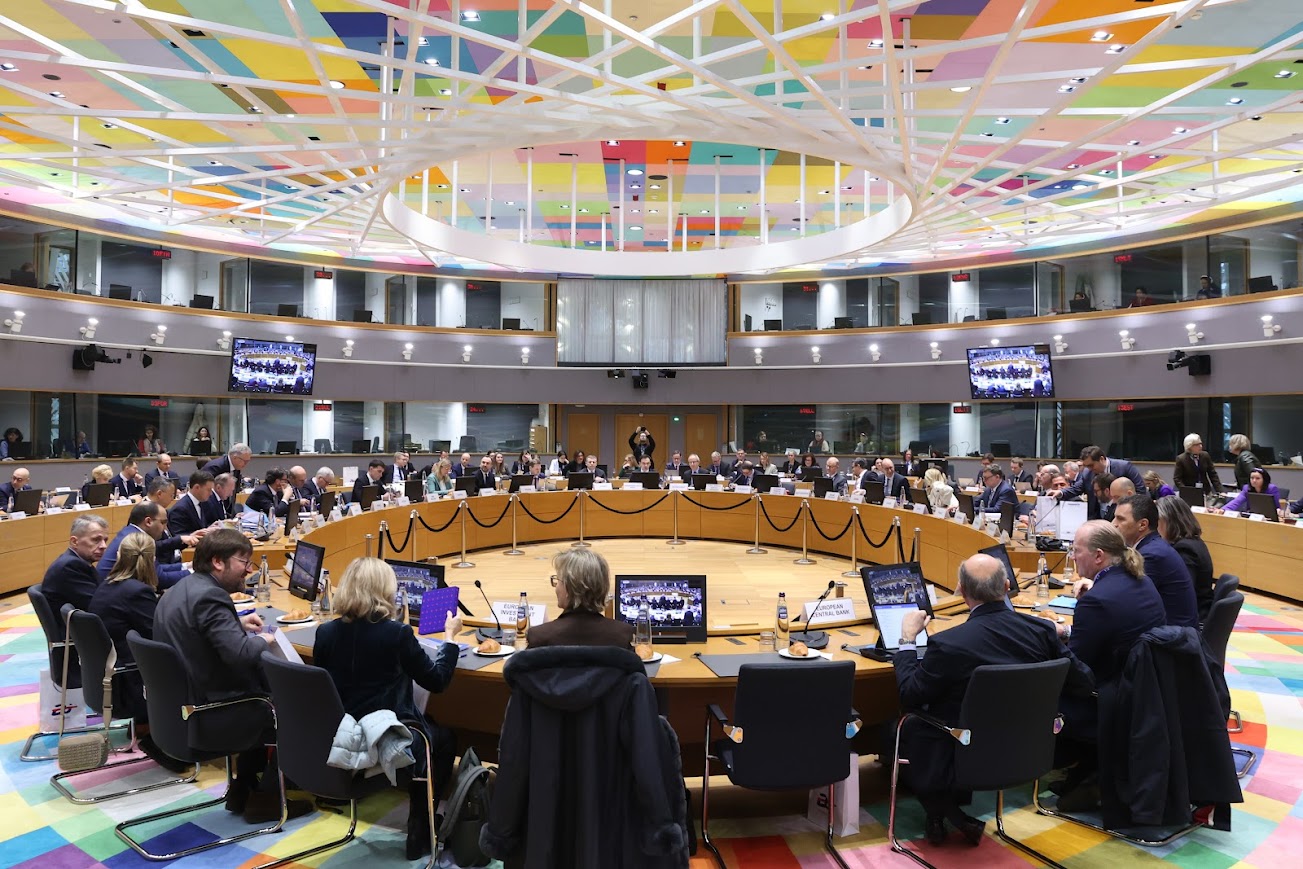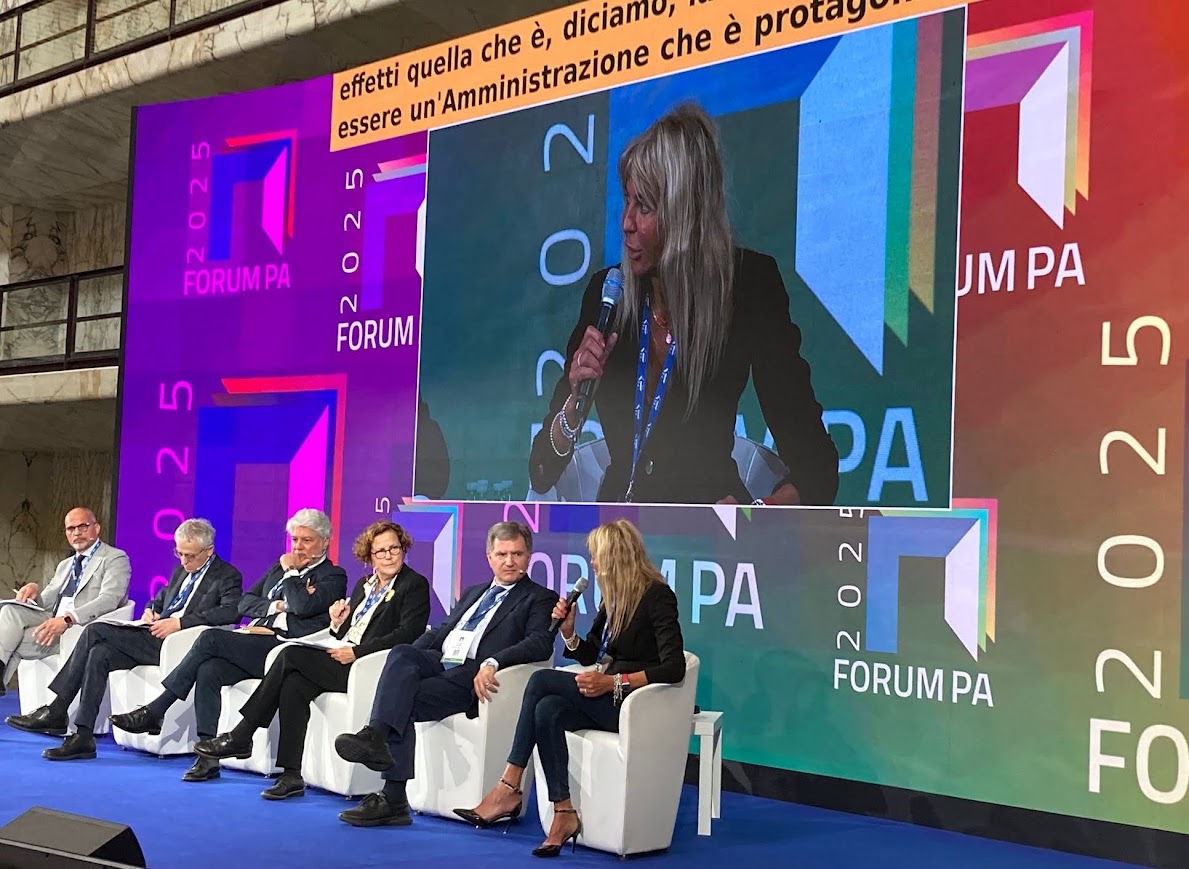Revisione PNRR: le proposte per energia e transizione green. Parla Foti
 La proposta di revisione del PNRR, presentata alla Cabina di regia lo scorso 19 maggio e inviata a Bruxelles il 21 marzo, è stata discussa tra ieri e oggi nelle aule del Parlamento, alla presenza del ministro per gli Affari europei, le politiche di coesione e il PNRR, Tommaso Foti. Dal nuovo Ecobonus auto, alla riallocazione dei fondi dai bandi per l’idrogeno al biometano, le misure per la transizione green sono quelle interessate da una maggiore riformulazione.
La proposta di revisione del PNRR, presentata alla Cabina di regia lo scorso 19 maggio e inviata a Bruxelles il 21 marzo, è stata discussa tra ieri e oggi nelle aule del Parlamento, alla presenza del ministro per gli Affari europei, le politiche di coesione e il PNRR, Tommaso Foti. Dal nuovo Ecobonus auto, alla riallocazione dei fondi dai bandi per l’idrogeno al biometano, le misure per la transizione green sono quelle interessate da una maggiore riformulazione.










